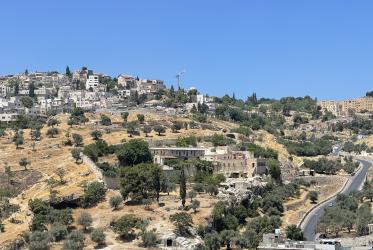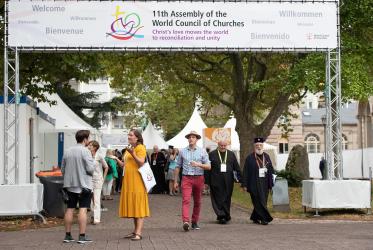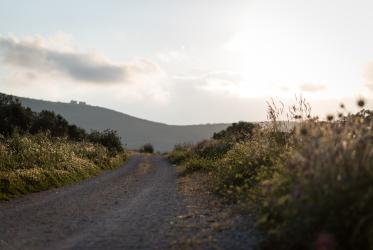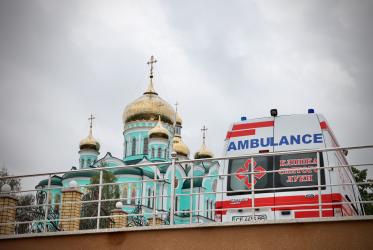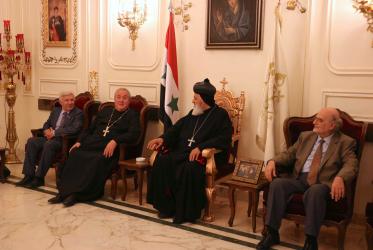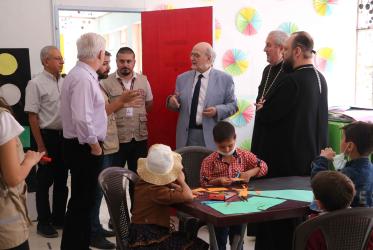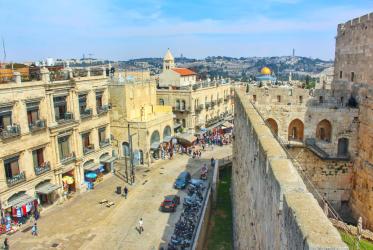Displaying 41 - 60 of 107
As Bethlehem prepares for Christmas, ‘it’s all about community’
08 December 2022
בזמן שבית לחם מתכוננת לחג המולד, "הקהילה היא העיקר"
06 December 2022
Ukraine: Responding to humanitarian need
08 September 2022
Promoting human dignity through art
06 September 2022
“My hope is in you”—youth in the Holy Land carry the future
17 August 2022
Monastery in Ukraine responds to the consequences of war
09 August 2022


